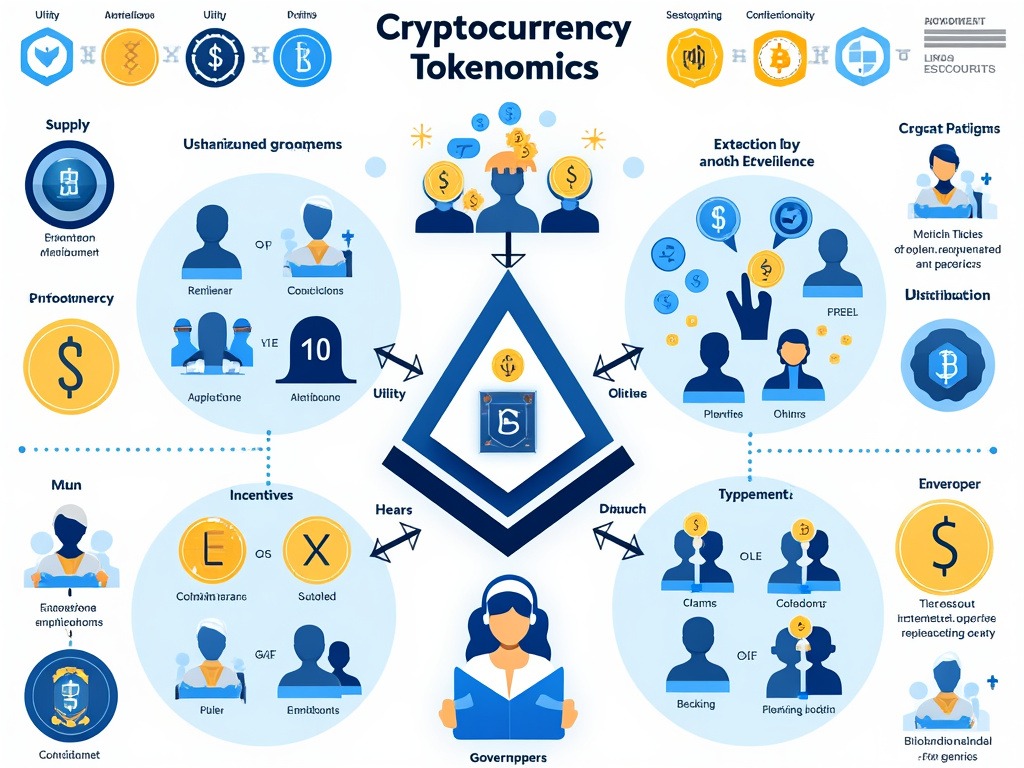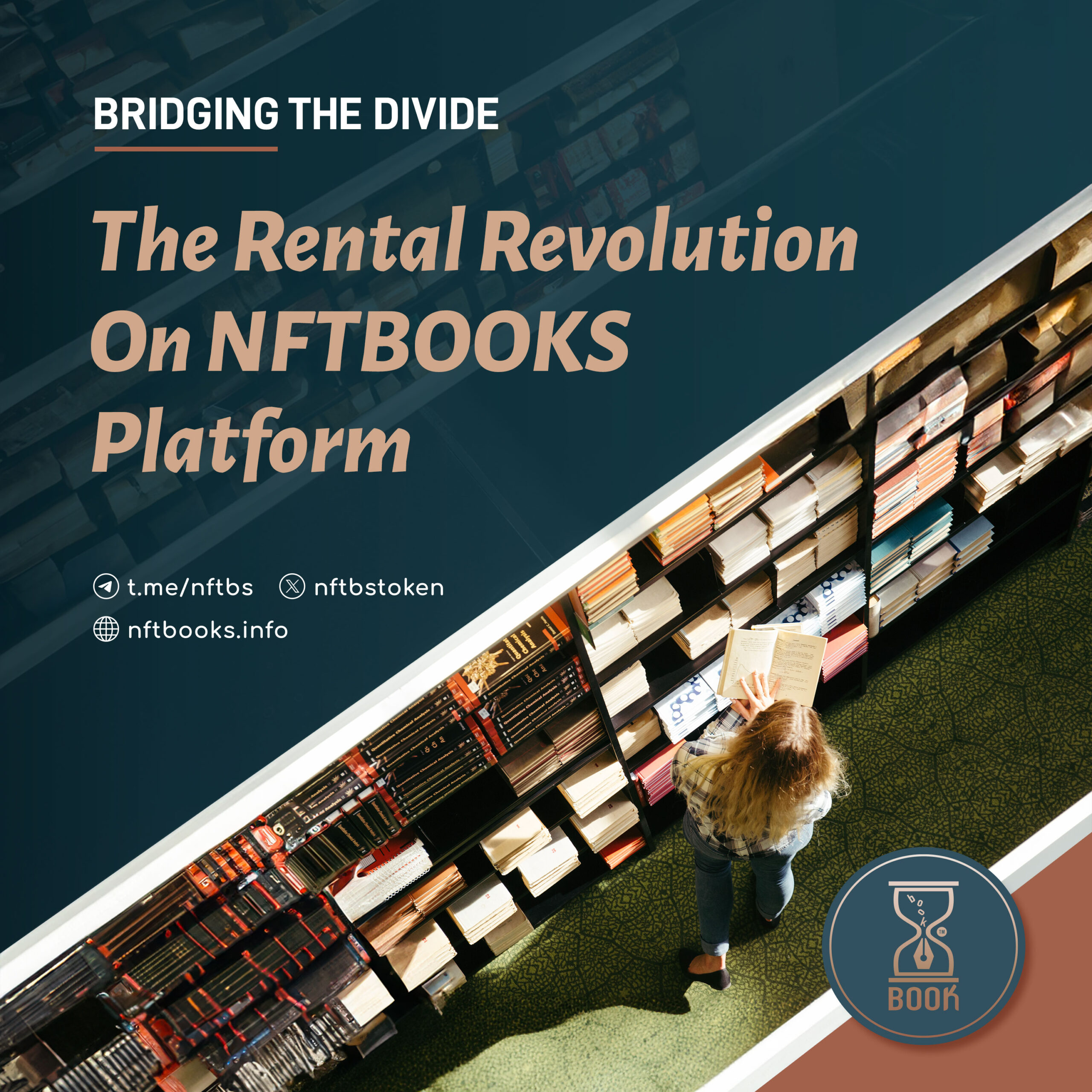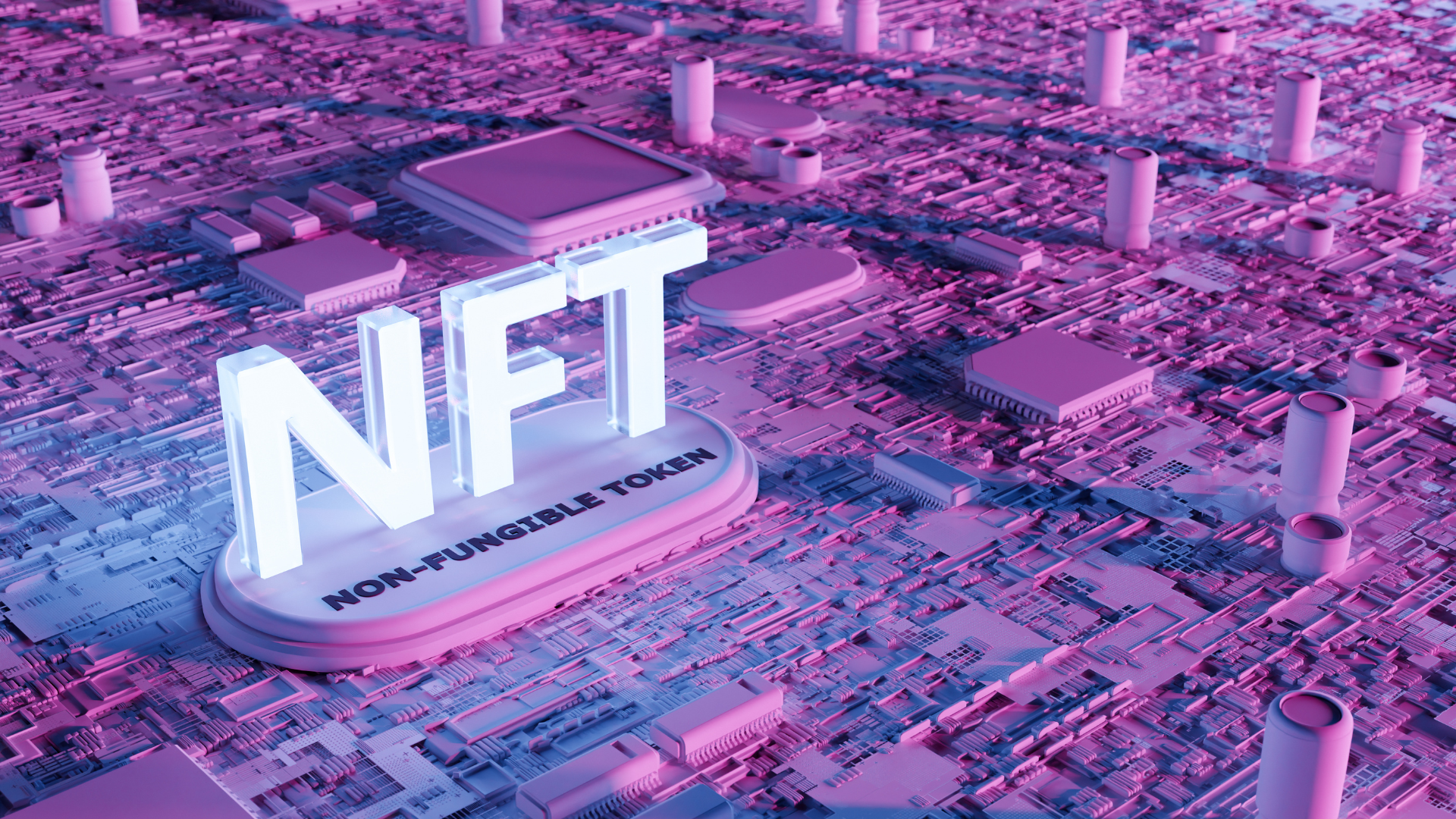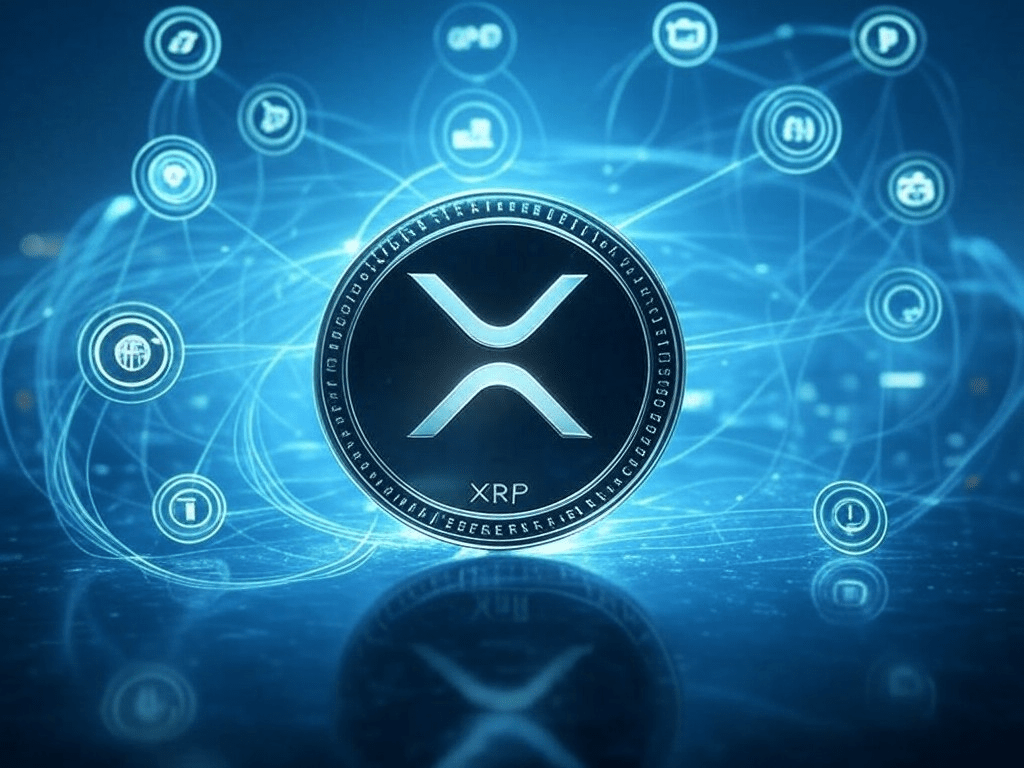In the dynamic landscape of media consumption, the digital revolution has emerged as a profound and enduring transformation. This seismic shift is not merely a transient trend but a significant evolution that is reshaping our interaction with content. As the adoption of digital reading accelerates to unprecedented heights, it underscores the crucial need for writers and content creators to embrace emerging technologies to stay relevant and capitalize on new opportunities.
The Expanding Digital Reading Market
The global online reading market has witnessed remarkable growth over the past decade. In 2020, the market size was estimated at approximately USD 18.8 billion. According to a report by Grand View Research, the market is projected to grow at a compound annual growth rate (CAGR) of 5.8% from 2020 to 2027. By 2027, it is anticipated to reach an impressive USD 27.8 billion. This growth trajectory is driven by several factors, including the proliferation of digital devices, increased internet penetration, and the rising preference for digital content.
Market Drivers
Proliferation of Digital Devices: The widespread availability of e-readers, tablets, and smartphones has revolutionized the way we access and consume literature. These devices offer convenience and portability, allowing readers to carry vast libraries in their pockets. This accessibility has democratized reading, making it easier for people to engage with content anytime and anywhere.
Increased Internet Penetration: With the advent of high-speed internet and the expansion of connectivity in remote areas, digital reading platforms have gained significant traction. The ease of downloading and streaming digital content has contributed to the growth of online reading, as readers can now access a vast array of books, magazines, and articles with just a few clicks.
Changing Consumer Preferences: The modern consumer increasingly values convenience and instant access. Digital reading caters to these preferences by offering features such as instant downloads, searchable text, and customizable reading experiences. The ability to adjust font sizes, switch to dark mode, and highlight text are just a few of the personalized options that enhance the reading experience.
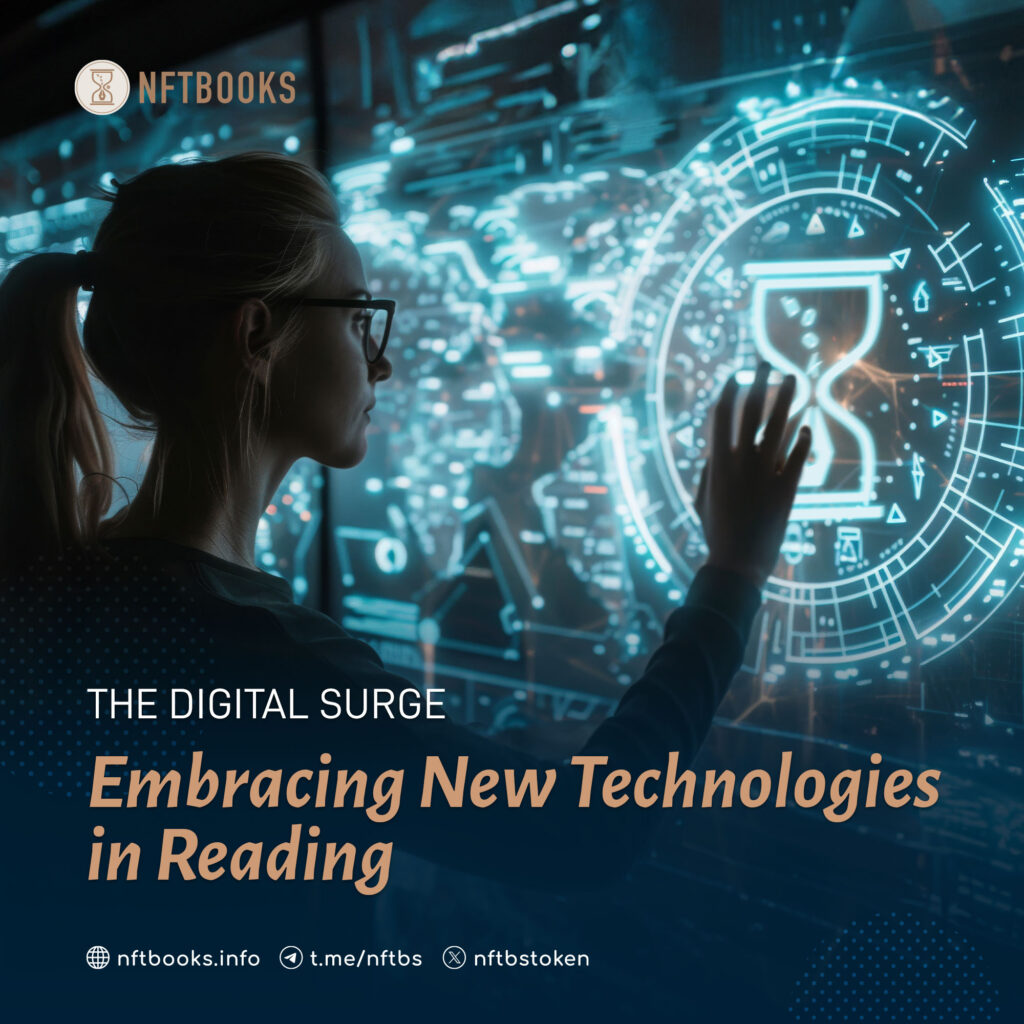
Enhanced and Immersive Experiences
Digital reading platforms have not only made literature more accessible but have also transformed the way we engage with content. The integration of interactive features and multimedia elements has created a more immersive and captivating reading experience.
Interactive Features: Many digital reading platforms now include interactive elements such as hyperlinks, pop-up annotations, and interactive maps. These features enrich the narrative by providing additional context and information, making the reading experience more engaging and educational.
Multimedia Integration: The incorporation of multimedia elements such as embedded videos, audio clips, and animations adds a new dimension to storytelling. For instance, an e-book on historical events can include documentary clips or audio interviews, bringing the subject matter to life in ways that traditional print cannot.
Enhanced Storytelling: Digital platforms enable writers to experiment with new forms of storytelling. Serialized fiction, interactive stories, and multimedia novels are just a few examples of how digital formats can expand the boundaries of traditional literature. These innovations attract a diverse audience, including younger readers who are accustomed to interactive and multimedia content.
Environmental Sustainability
The shift towards digital reading is not only a technological advancement but also an environmentally conscious choice. As the world grapples with climate change and environmental degradation, the digital revolution aligns with the growing emphasis on sustainability.
Reduction in Paper and Ink Usage: Digital reading significantly reduces the demand for paper and ink, which are major contributors to deforestation and pollution. By opting for e-books and online articles, readers can help conserve natural resources and reduce waste.
Minimized Carbon Footprint: The production and distribution of physical books involve substantial carbon emissions. From logging and paper manufacturing to printing and transportation, the traditional publishing process has a considerable environmental impact. In contrast, digital distribution is far less carbon-intensive, contributing to a reduction in the overall carbon footprint.
Consumer Awareness: As environmental concerns increasingly influence consumer behavior, the eco-friendly nature of digital reading is becoming a significant factor in its adoption. Consumers are more inclined to choose sustainable options, and digital reading platforms are well-positioned to capitalize on this trend.
The Imperative for Writers: Embrace New Technologies or Risk Irrelevance
The digital revolution presents both opportunities and challenges for writers. In an era where digital content consumption is on the rise, it is imperative for writers to adapt and leverage new technologies to stay relevant and reach a broader audience.
Non-Fungible Tokens (NFTs) and the Future of Publishing
One of the most promising technological advancements for writers is the advent of non-fungible tokens (NFTs). NFTs are unique digital assets that can represent ownership of a specific piece of content, such as an e-book, article, or multimedia work. Platforms like NFTBOOKS are pioneering the use of NFTs in publishing, offering writers new revenue streams and opportunities for exposure.
Perpetual Royalties: NFTs enable writers to earn perpetual royalties on their creations. Every time an NFT representing their work is resold, the original creator receives a percentage of the sale. This model ensures that writers are fairly compensated for their work, even as it changes hands in the secondary market.
Direct Engagement with Readers: NFTs allow writers to connect directly with their audience. By offering exclusive content or special editions as NFTs, writers can build a loyal fan base and foster a sense of community. This direct engagement can lead to increased reader loyalty and support.
Monetizing Creativity: The ability to tokenize digital content opens up new avenues for monetizing creativity. Writers can experiment with limited edition releases, collaborative projects, and multimedia works that appeal to a diverse audience. This flexibility empowers writers to explore innovative ways of generating income.
Unique Features of NFTBOOKS
NFTBOOKS offers a range of features that make it a standout platform for authors and readers alike.
Translation Feature: NFTBOOKS provides a unique opportunity for authors to expand their reach through translations. Linguistically skilled users can approach authors to translate books into various languages. This not only broadens the audience but also enhances the author’s earnings through additional sales and royalties from different linguistic markets.
Affiliation Program: Authors can leverage NFTBOOKS’ affiliation program to attract more readers. By offering a commission to readers for inviting new users to the platform, authors can increase their book’s visibility and sales. This program incentivizes readers to promote books, creating a mutually beneficial ecosystem.
Reward System: NFTBOOKS has a unique reward system that incentivizes various activities. Authors can engage in these activities, such as buying books, reading, reviewing, and listing books for sale or rent, to earn reward points. These points translate into NFTBS tokens, adding another income stream.
Secure and Transparent Transactions: All transactions on NFTBOOKS are recorded on the blockchain, providing a transparent and immutable ledger. This ensures that authors can track their earnings and verify their fair share of the revenue.
KYC Verification and Intellectual Property Protection: NFTBOOKS takes piracy and intellectual property protection seriously. Authors undergo a stringent KYC (Know Your Customer) verification process, including a video call, to ensure authenticity. The platform also uses technical tools and partnerships to prevent unauthorized use of content and protect authors’ rights.
The Risk of Irrelevance
While the opportunities presented by new technologies are vast, the risk of irrelevance is equally significant for those who fail to adapt. As consumer preferences continue to shift towards digital platforms, writers who cling to outdated methods may find themselves marginalized and unable to compete in the digital marketplace.
Evolving Consumer Expectations: Today’s readers expect instant access, interactivity, and personalization. Writers who do not cater to these expectations risk losing their audience to more adaptable and tech-savvy competitors. Embracing digital platforms and technologies is essential to meet the evolving demands of readers.
Competitive Edge: The digital landscape is highly competitive, with countless content creators vying for attention. Writers who leverage new technologies can gain a competitive edge by offering unique and engaging experiences. Those who resist change may struggle to maintain visibility and relevance in a crowded market.
Continuous Learning and Adaptation: The digital revolution is an ongoing process, with new technologies and trends emerging regularly. Writers must commit to continuous learning and adaptation to stay ahead of the curve. This mindset of innovation and flexibility is crucial for long-term success in the digital age
Conclusion
The digital surge in the reading market is an irreversible trend that presents both challenges and opportunities. Authors who embrace new technologies, such as NFTs and digital platforms like NFTBOOKS, can significantly enhance their income and reach a broader audience. The platform’s unique features, including perpetual royalties, translation opportunities, affiliation programs, and secure transactions, provide a comprehensive solution for modern authors.
In an era where digital content consumption is on the rise, it is imperative for writers to adapt and leverage new technologies to stay relevant and capitalize on new opportunities. The risk of irrelevance looms large for those who fail to embrace change, making it essential for authors to continuously learn and innovate. By doing so, they can ensure their place in the dynamic and ever-evolving landscape of digital reading.


